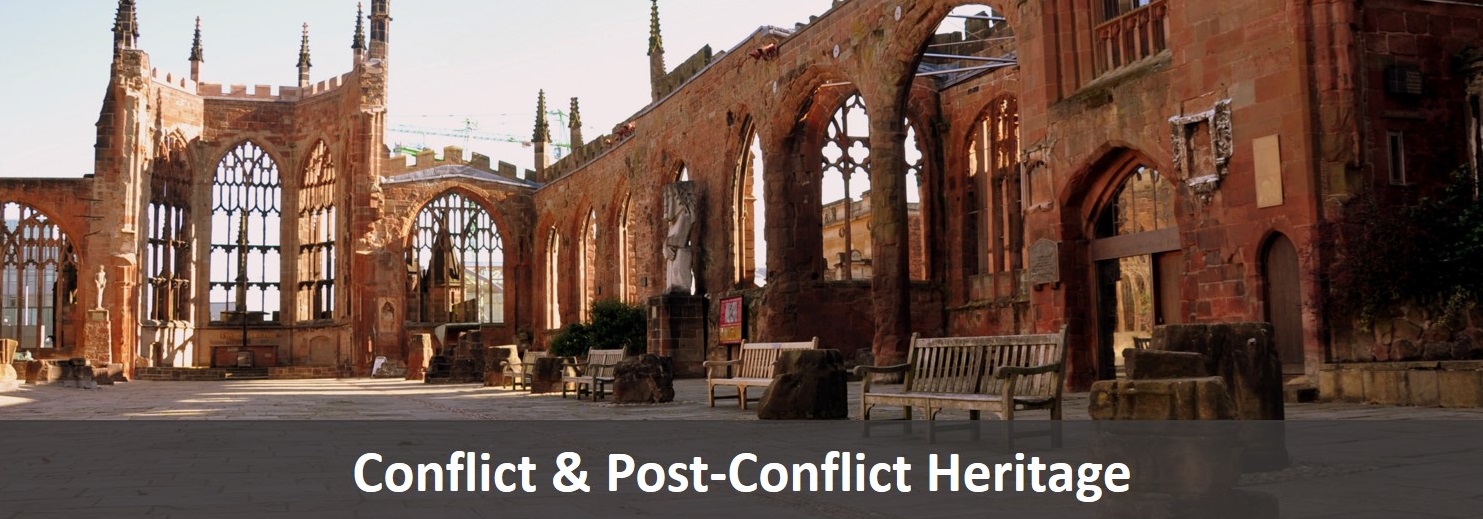Heritage and conflict come together before the first shots are fired, when it is used in propaganda to redraw and normalize new boundaries of belonging and identity. The relationship is drawn together even more tightly as the war begins, when the deliberate destruction of heritage is used as a way of targeting certain groups and communities. In the aftermath of this direct violence, and in the context of a transformed heritage landscape, the construction of an explicitly ‘revised’ heritage begins, in which different elements of the past are selected for reconstruction and others discarded. This research theme seeks to: i) explore the dynamics of cultural violence at the core of how heritage comes to be used during conflicts and in the aftermaths of such violence, ii) approach reconstruction processes as future-orientated actions in which decisions about the reconstruction (down to the materials and styles employed) have consequences for the values and means that the heritage comes to possess, and iii) the reparation strategies that include memorial practices and symbolic reparations to moral harm. To do this, researchers often work alongside and develop partnerships with international organisations (e.g. UN Security Council, UNESCO, the ICC) as well as NGOs working in the conflict-affected regions of the world. They seek to develop technologies and approaches to prevent destruction and respond to it. In doing so drawing on law, politics, anthropology and the digital humanities.


















